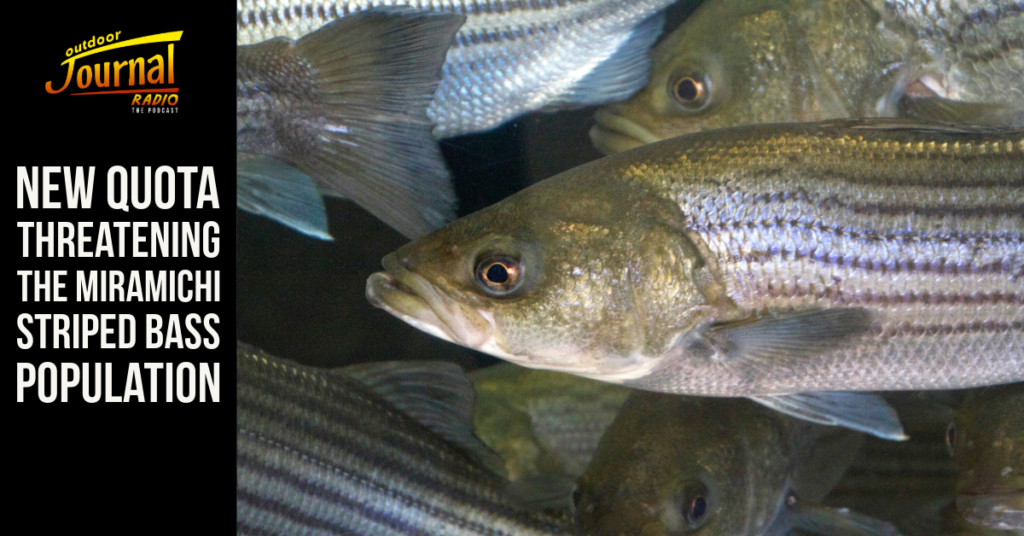Originally seen in Fish’n Canada’s Week in Review
A study out of northwestern Ontario caught our eye this week as it shows that mercury pollution may not have quite as long an impact as once thought.
In this promising experiment, researchers visited Ontario’s Experimental Lakes, an area near the town of Kenora dedicated to freshwater fisheries research. Here, for seven years, researchers added various forms of mercury to the lake. These various forms of mercury were designed to be distinguishable from naturally occurring mercury, allowing the researchers to replicate a pollution source.
During this seven-year experiment, researchers found that methylmercury concentrations, the harmful form of mercury that concerns most fish-eaters, rose by 45 to 57 percent in lake-dwelling invertebrates and small fish, and more than 40 percent in larger fish. After the mercury introduction ceased, however, things took a turn for the better – and quickly.
According to PopSci.com, shortly after stopping the mercury introduction “the team found that the isotopes they’d introduced decreased by 81 percent in lakewater, 35 percent in lakebed sediments, and 66 percent in tiny zooplankton within three years. By the end of the experiment, methylmercury made from these isotopes had dropped more than 85 percent in small fish, 76 percent in pike, and 38 percent in whitefish populations.”
While these numbers are promising, it is important to note that these declines in mercury levels were representative of the population as a whole and that individual fish that contained high levels of mercury appeared to take much longer to see their levels drop. This is especially true of long-lived, slow to reproduce species such as Whitefish due to a process called bioaccumulation.
For more on bioaccumulation and mercury levels in fish, check out the article linked below!
This excerpt was taken from Fish’n Canada’s Week in Review, our weekly recap of all things relevant to the Canadian outdoorsman. For more stories like this, check out the full article below and tune back in every Friday to catch up on everything you missed!









